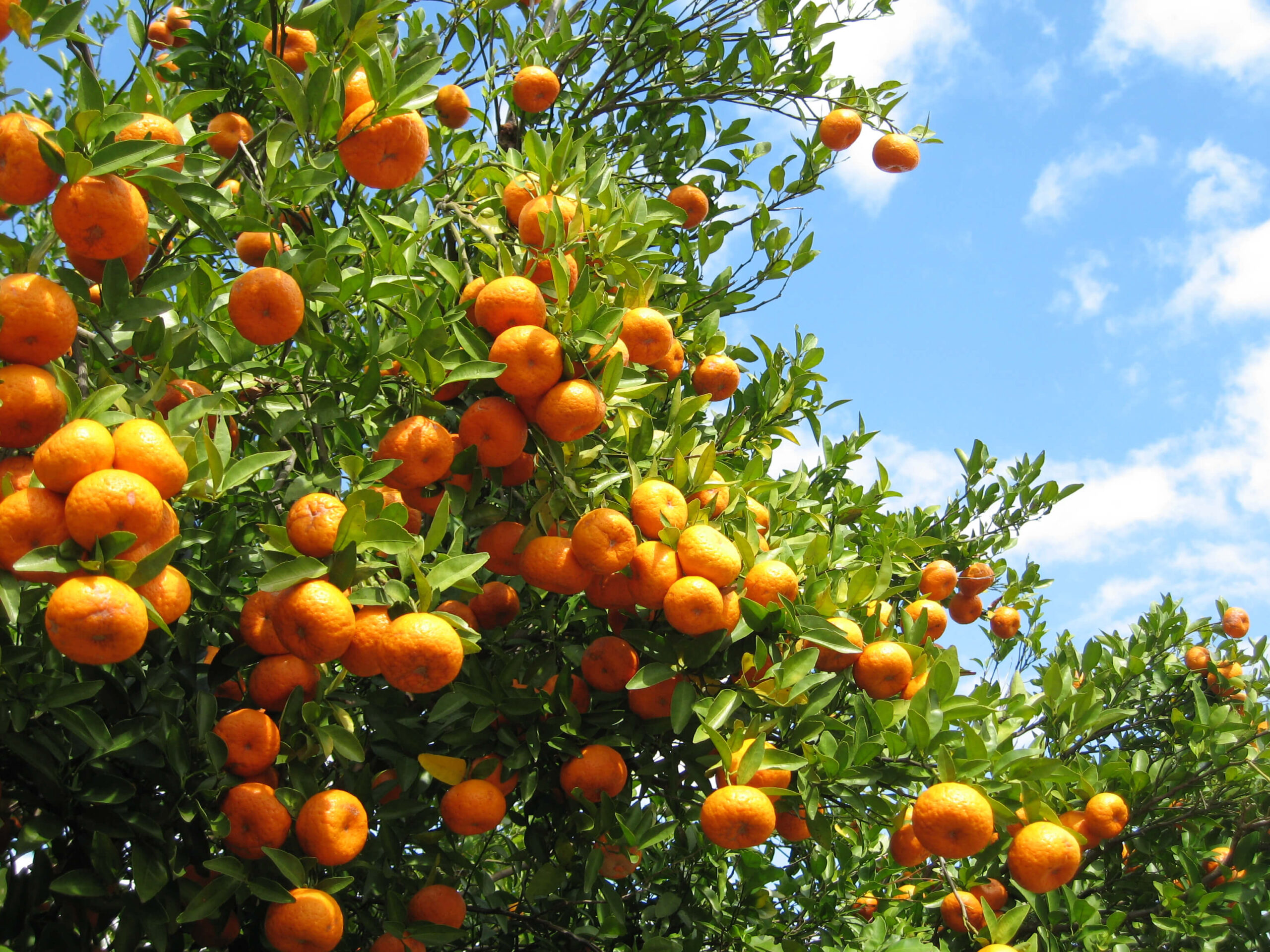Central Floridians are lucky to have the tropical climate needed to grow delicious fruit in their backyard. As produce gets more expensive and supply chain issues arise unexpectedly, fresh fruit is becoming a delicacy. When you have fruit trees in your landscape, you can enjoy their seasonal bounty and have fun creating mouthwatering juices, jellies, jams, and frozen treats!
However, to produce your own fruit without much effort, you need to know which fruit trees grow best in Greater Orlando.
Fruit Trees Perfect for Zone 9b
Avocado Trees
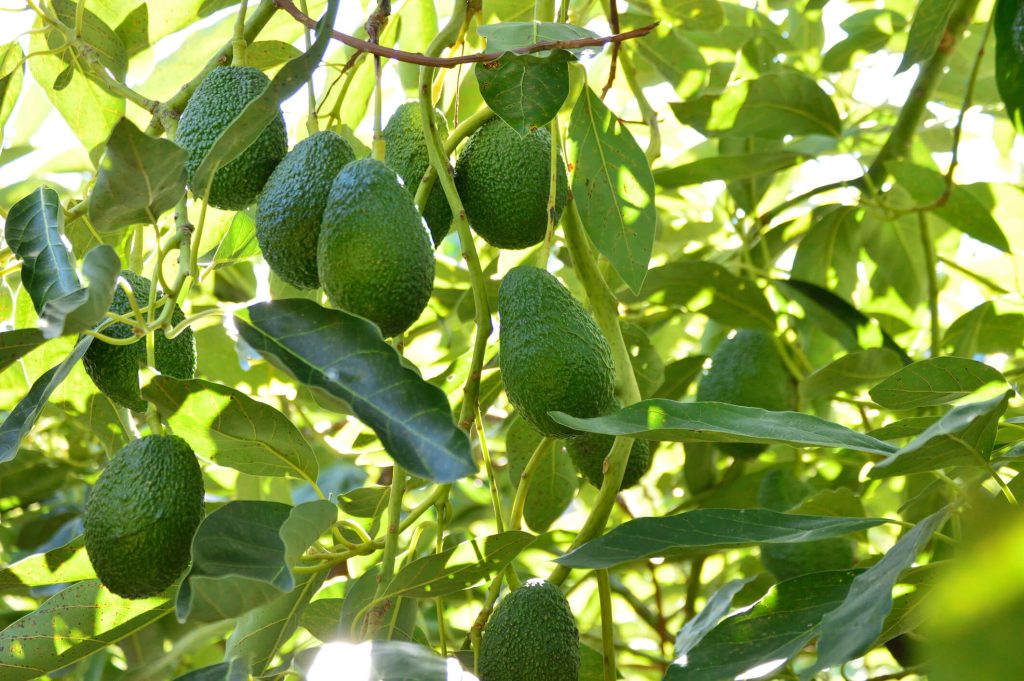
Growing your own avocados is easy in Central Florida. Just make sure you have enough room for one because these beautiful trees can grow 30 to 60 feet tall. Avocado trees need lots of water when fruit begins to form, so it’s a smart idea to install a drip irrigation system. Visit your local nursery and ask for ‘Choquette’ or ‘Booth 8’ as both varieties do amazingly well in zone 9.
Citrus Trees
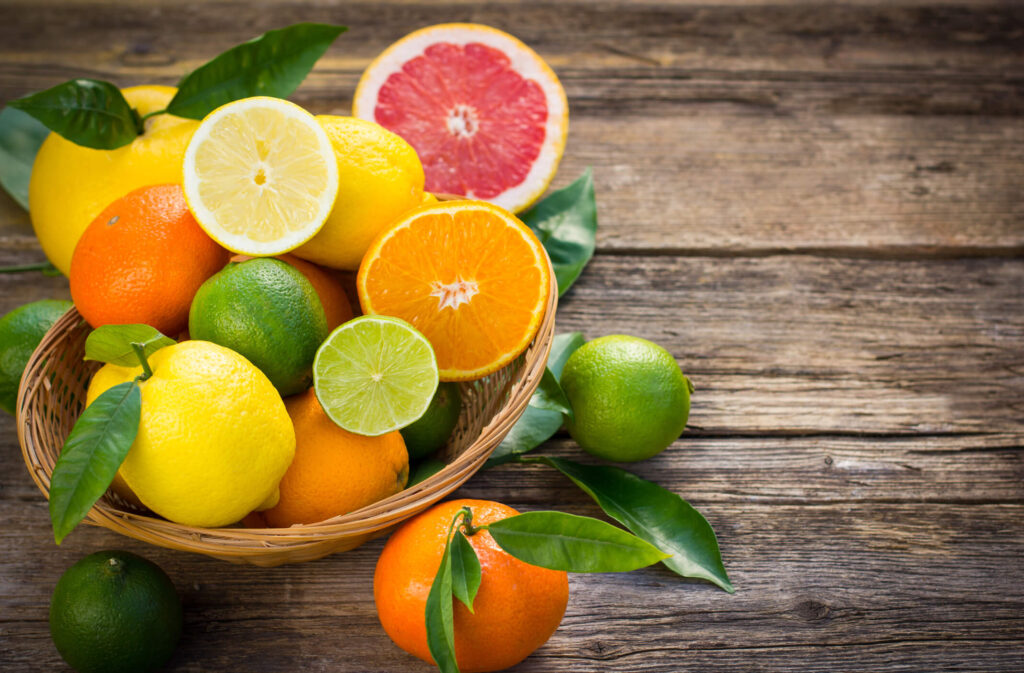
Central Florida is ideal for growing everything in the citrus tree family, which includes all varieties of oranges, lemons, limes, and grapefruits. Tangerines, tangelos, and kumquats fall under this category, too. Citrus trees are a great low maintenance addition to your landscape as they don’t require any pruning. You just need to remove crossing branches and dead wood.
Before planting, saturate the root ball and choose a sunny spot in your yard that’s well draining and provides enough room for the tree to mature. After planting, water the tree every other day for three weeks, then relax your irrigation efforts to once a week. Feed the tree in the spring, summer, and early fall with a citrus fertilizer. Do not mulch the area around the trunk or the tree will develop root rot. The tree will produce fruit when it’s four to five years old.
Fig Trees
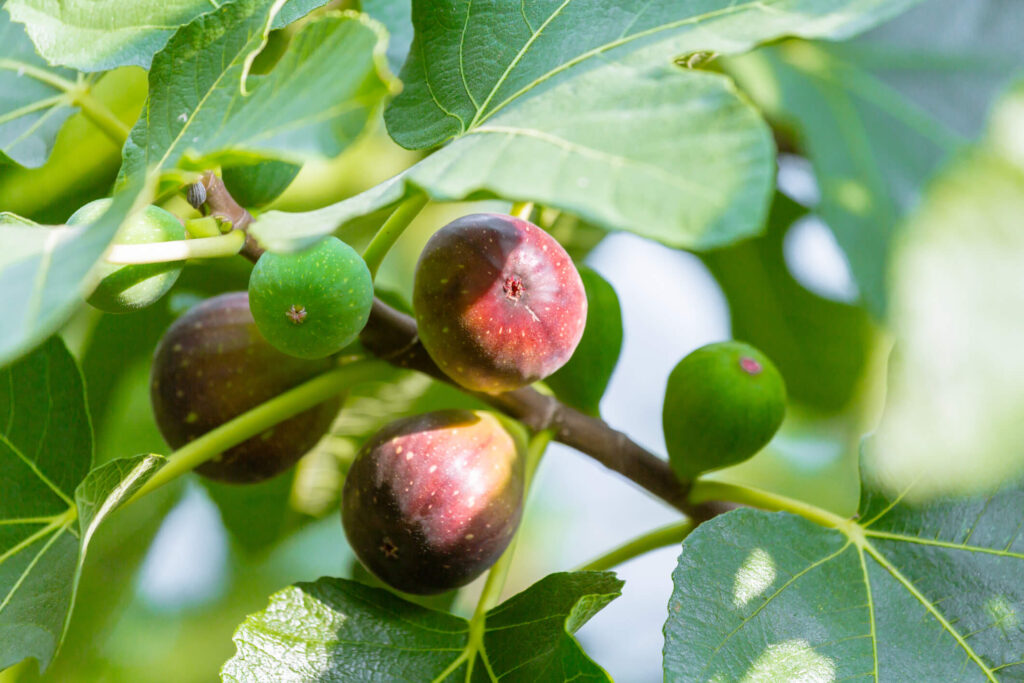
Fig trees are one of the easiest fruit trees to grow in Central Florida. Hefty producers, they are deciduous and can grow up to 15 feet tall and wide. Only cold hardy common figs (Celeste, Brown Turkey, Green Ischia, and Jelly) will grow in Orlando because the other varieties require pollination from a wasp that isn’t found in Florida. Fig trees can be started from clippings or purchased at a nursery. March is the month to plant a fig tree. Just choose a location in your landscape that gets full sun and has well-draining soil. When your fig tree is two years old, it will begin producing fruit twice a year.
Loquat Trees

Also known as the Japanese plum, loquat trees are evergreen and perfect for small yards because they grow well in tight spaces. Drought tolerant, they need full sun and well-draining soil. Once planted, the loquat tree needs to be watered well every other day for the first week, then one to two times per week for the next couple of months. During the first three years, water once a week if there hasn’t been any rainfall for five days or more. During the rainy season, irrigation isn’t necessary. When the tree is four years old, only give it water when fruit is developing and during the dry season.
Mulberry Trees
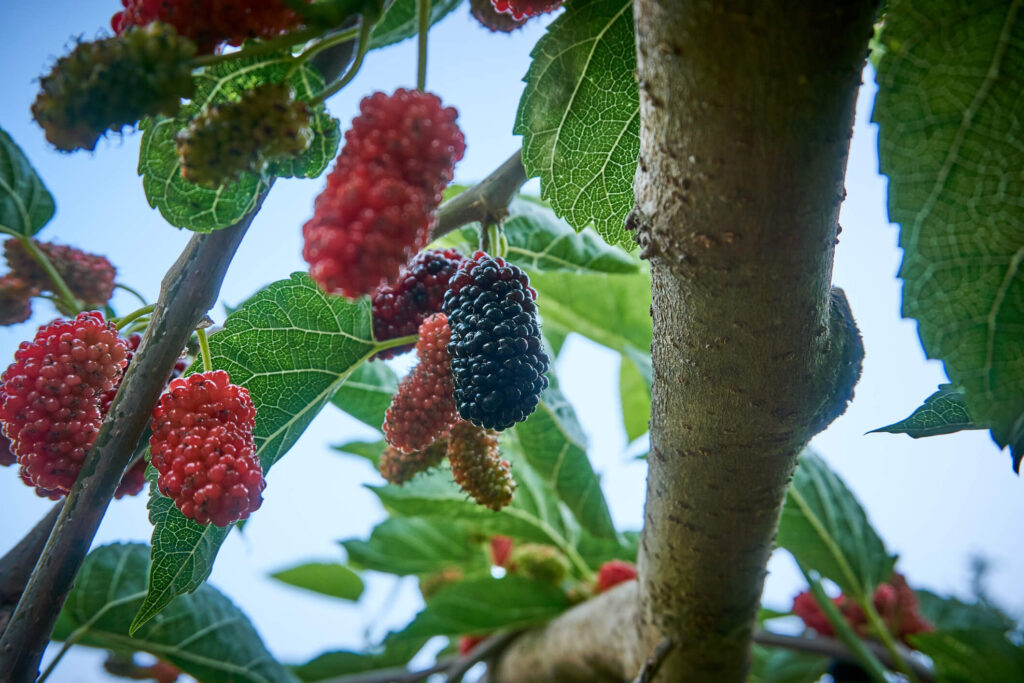
Ideal for zone 9, these beautiful trees produce fruit that resembles skinny blackberries. Mulberry trees are fast growers that do well in both full sun and part shade so long as they’re planted in well-draining soil. During the growing season, they need to be watered once or twice a week. However, more water is required when the tree begins to flower and bear fruit. Mulberry trees must be fertilized two to three times a year, so they can produce a bountiful harvest of tasty berries from late March to November.
Nectarine Trees
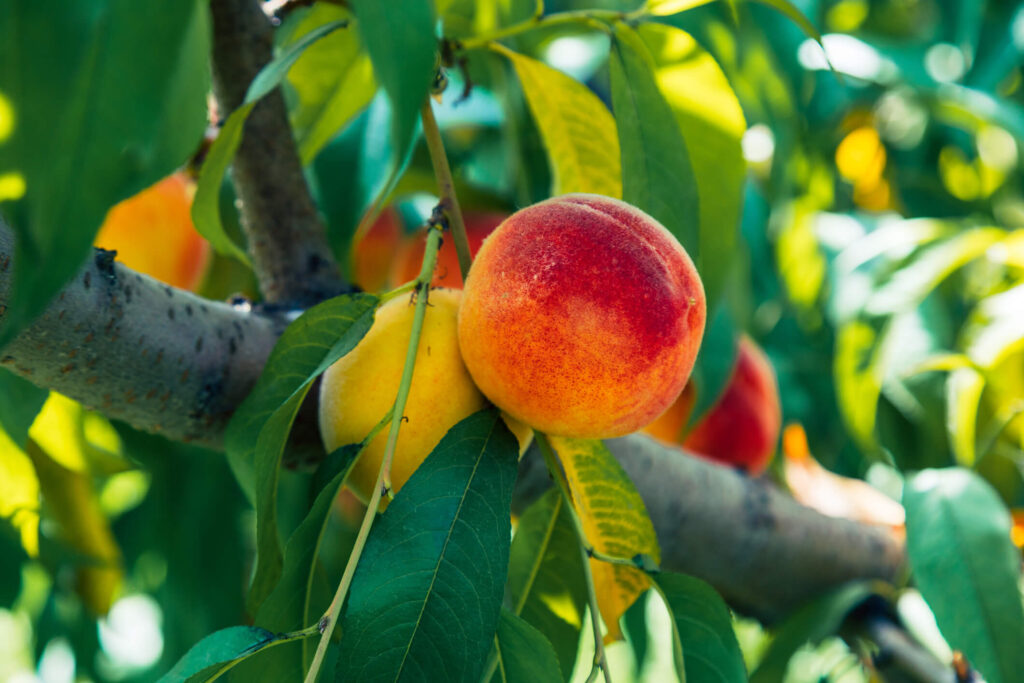
If you want to enjoy picking sweet, juicy nectarines in your own backyard, the trees that grow best in Zone 9 include Double Delight, Pacific Pride, Gold Mine, Flavortop, and Red Gold.
Nectarine trees do best in a sunny area that’s protected from wind. Be sure the ground is well-draining. The best time to plant one in your Central Florida landscape is between late winter and early spring. Nectarine trees need mulch around their base, but don’t allow it to touch the trunk or disease and other issues will arise. Once the tree is in the ground, provide two gallons of water each week. During times of sufficient rainfall, reduce irrigation efforts to one inch per week. Prune it during winter for a healthy tree that produces a bumper harvest!
Papaya Trees
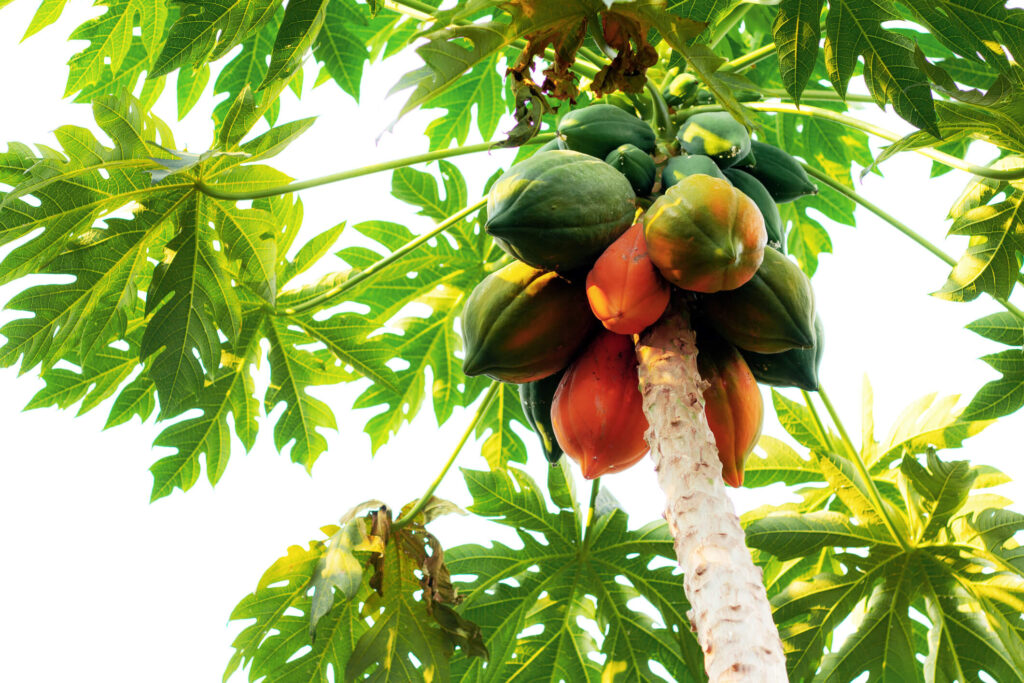
If you’re looking for a fast growing fruit tree that produces within a year of germinating, look no further than a papaya tree! Simply plant the tree in full sun in fertile, well-draining soil. Soon, you’ll soon be enjoying tasty papayas! However, be sure to plant the tree in a spot you want it to stay because papayas do not like to be transplanted. To help your tree produce a hefty harvest, keep fresh compost around its base and fertilize it often with a complete fertilizer. Most importantly—protect your papaya tree from Jack Frost!
Peach Trees
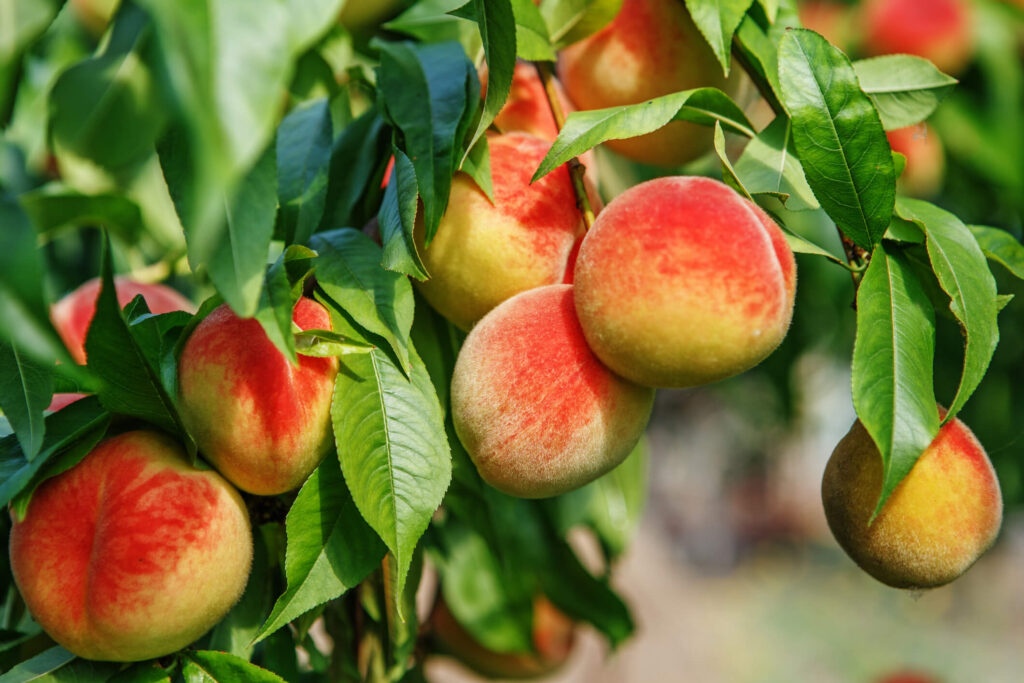
If you want to enjoy homegrown peaches, be careful of the variety of peach tree you choose to plant in your yard. Peach trees rely on a set amount of winter cold, or chill hours, to break out of dormancy. This is the reason why Central Floridians must plant low-chill peach varieties, which means that they only tolerate between 225 and 150 chill hours per winter. UF Gem, UF Gold, Florida Glo, and Florida Prince are the peach tree varieties that will thrive in Central Florida so long as they are planted above the lowest point in the landscape to counter frost and poor drainage issues. Also, be sure to keep the area around the tree free from vegetation as grasses and weeds will steal nutrients and moisture the tree needs to properly grow and produce.
Fertilize your peach tree in late February, late May, and late July with a granular 8-8-8 or 10-10-10 citrus fertilizer that contains iron and zinc. Prune the peach tree when the new year rolls around and be careful not to overwater it! Peach trees only need one inch of water per week.
Avoid overwatering fruit trees by monitoring your irrigation system on a regular basis to make sure it’s turning on and shutting off in accordance with the settings. Too much water can cause your fruit tree to become diseased. If you’re not sure your system is running like it should, call us or complete our request service form and we’ll come take a look.
Plum Trees
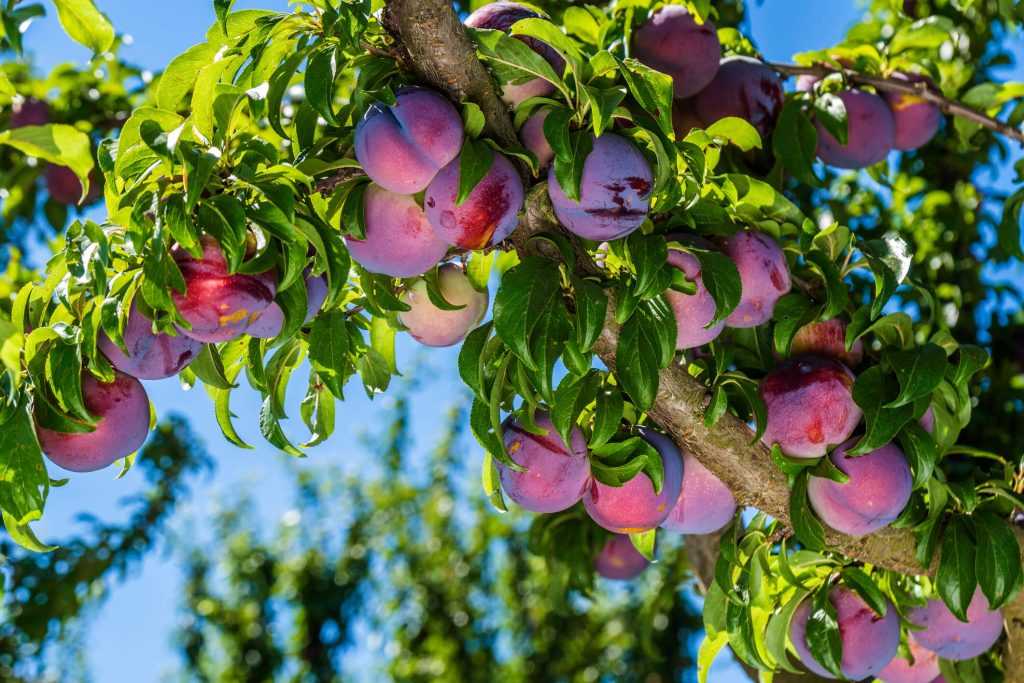
If you want to enjoy fresh plums and prunes, plant Gulf beauty, Gulf blaze, or Gulf rose because they are specially cultivated plum trees that require low chill hours. ‘Gulf’ cultivars produce smaller sized plums that are ready for harvest in May or June. However, ‘Gulf’ series plums are not self-fruitful and require cross-pollination, so you’ll need to plant a Chickasaw plum tree or hog plum tree, or your ‘Gulf’ plum will not produce.
For more detailed information about growing plum trees in Central Florida, check out this document from the University of Florida’s IFAS Extension.
Pomegranate Trees
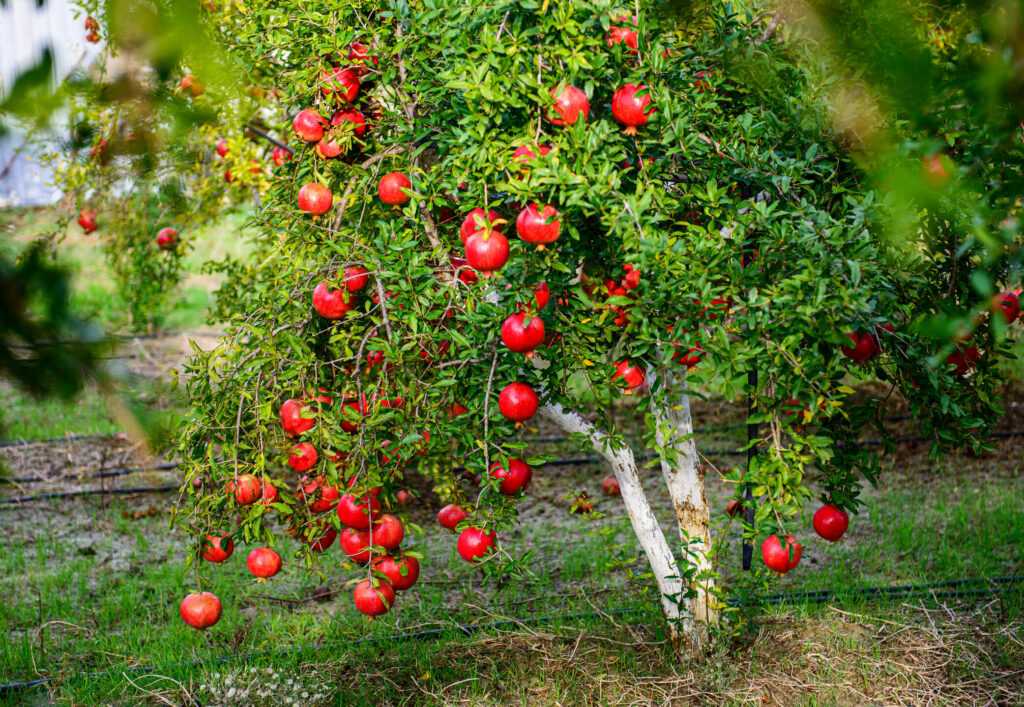
While this beloved specimen is in fact a dense shrub, pomegranate plants can be shaped into trees. No matter how you decide to grow yours, it will thrive in the Central Florida climate. The best part is that they are self-pollinating, so you only need one to enjoy these healthy treats during the holiday season.
Plant Fruit Trees to Complete Your Central Florida Landscape!
Central Floridians can enjoy an abundance of healthy, fresh, and delicious fruits, juices, dried snacks, and preserves when they plant fruit trees in their yard. While there are several fruit trees to choose from, you must first decide what will work within your landscape. If your yard is small, you may be limited to trees that grow no taller than fifteen feet. However, there are dwarf varieties available for purchase at your local nursery. You can even grow the fruit tree in a container on your patio! Whatever route you decide to take, just remember to provide the correct amount of sunlight and water, fertilize it properly, and make sure its “feet” don’t stay wet. It won’t be long before you’re picking enough fruit to share with family and friends!
Remember to keep your Central Florida landscape properly watered, and if you ever need assistance with sprinkler repair or irrigation in the Orlando area, we’re here to help!

